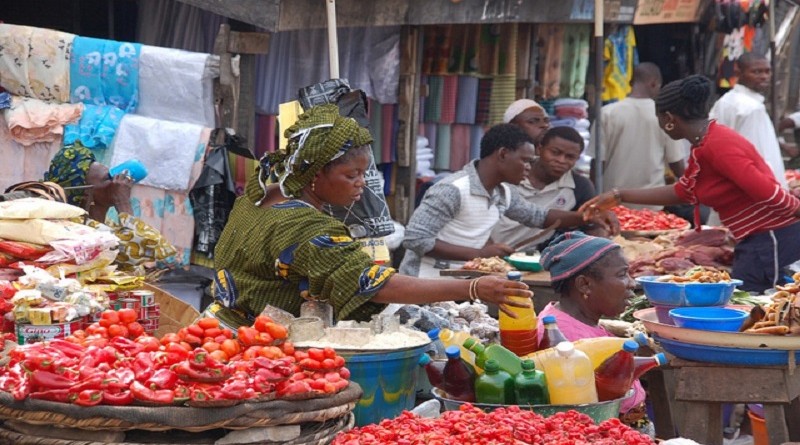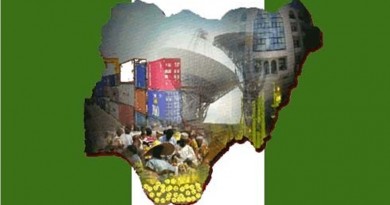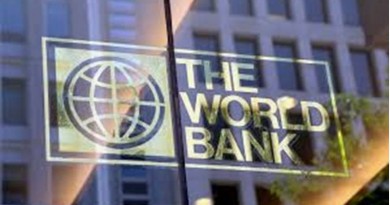Nigeria’s Inflation Rate Surges to 17-Month High By Ruth Olurounbi, Bloomberg
Nigeria’s inflation rate rose to a 17-month high in October as food prices surged.
Consumer prices rose 11.6% from a year earlier compared with 11.2% in September, the Abuja-based National Bureau of Statistics said in a report published on its Twitter account Monday. That is the highest rate since May 2018 and exceeded the 11.2% median of five economist estimates in a Bloomberg survey.

Key Insights
- The uptick in inflation will give more reason for the Central Bank of Nigeria to hold its key rate next week as pressure on the naira persists. While the Monetary Policy Committee wants to boost growth, it unanimously voted to hold the rate at 13.5% in September, saying lowering the key rate would result in increased system liquidity and “heighten inflationary tendencies in the economy.”
- Food inflation quickened to 14.1% from 13.5% in September. That is the highest rate since April last year. Costs have been pushed up by the border closures that President Muhammadu Buhari ordered to curb smuggling of rice and other commodities.
- The faster price growth will increase the spread between the inflation rate and yields on one-year Treasury bills even further. This will have a negative impact on local funds who’ve been restricted from investing in the central bank higher-yielding securities.
- Prices are likely to increase even faster in the next two months as consumer demand and spending rise over the Christmas season.
— With assistance by Simbarashe Gumbo
BLOOMBERG




